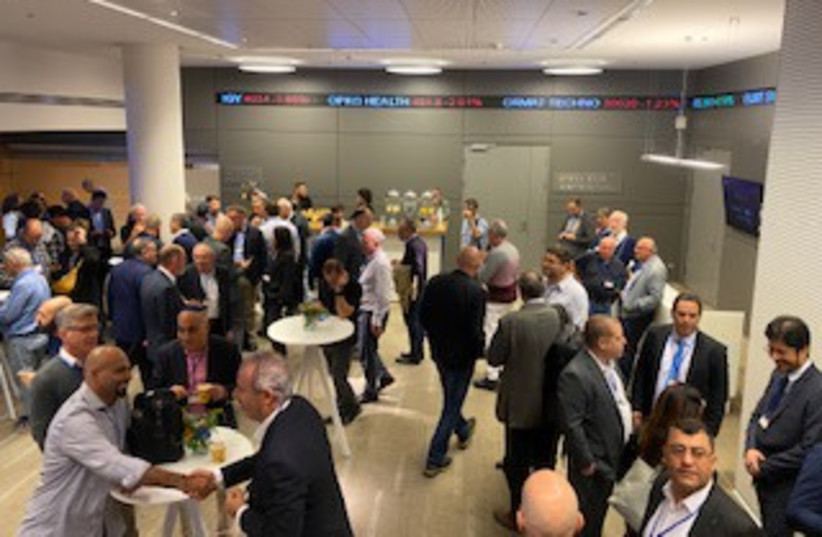The recently proposed transaction to acquire a controlling stake in the Israeli leading financial firm The Phoenix Group has triggered a discussion on the ramifications of Gulf-based sovereign funds’ investments in key financial companies in Israel.
While this potential transaction has been perceived as a major potential milestone in converting the vision of the Abraham Accords into reality on the ground with respect to an important part of the economy, it also needs to be analyzed through global lenses and trends in sovereign investing. Both companies are investment firms that are active globally, in addition to Phoenix’s deep involvement in the local Israeli market and its commitment to Israeli pensioners.
Sovereign funds have played a rising and significant role in financial markets in recent years, including with respect to key financial and insurance firms, all over the world. During the financial crisis of 2008, for example, United Arab Emirates’ sovereign funds saved major American financial firms that faced liquidity concerns and potential bankruptcies, such as Citi Group.
They have been perceived as a long-term patient and responsible sources of capital. Indeed, the investment horizon of many sovereign financial institutions is much longer than the average short-termism of similar private funds and can target 15 years.
Advantages of having UAE sovereign fund's investment
The advantages of having such investors in the mix are many. Long-termism in capital markets provides better corporate governance, supports stability on the board level and among executives, and fosters a better ESG (environmental, social and governance) and sustainability vision for the target company.

The last one should not be underestimated. While ESG investing has become one of the key factors for institutional investors’ investment allocation, in practice the drive to achieve better financial results in the short term has created ongoing tensions around corporate decisions that are not viewed as purely profitable.
And, above all, having a foreign sovereign investor in a fundamental part of the financial system is constantly raising national security concerns and propping the fear that the sovereign investor can leverage such investment in challenging times for non-financial goals.
THE REALITY is that almost two decades into the sovereign investment revolution we have enough information and research to assess the nature and the performance of the operations of sovereign investors globally. For the most part, they function more like traditional institutional investors, both in terms of structure and management, and also asset allocation.
There has been a major push in recent years to improve the internal investment management knowledge of many of these funds by hiring internal managers (instead of managing externally) and by opening offices around the world with global and local talent that executes transactions more professionally and effectively. Rarely sovereign transactions around the world have been blocked by the host governments, and a negative reaction like the one against Dubai Port’s takeover of US ports in 2006 is still unusual.
In addition, governments have improved their national security review process dramatically, and have a better understanding of what the real risks are, and what kind of transactions should be mitigated or blocked in order to avoid populism-driven decisions and policies.
The US has reformed its review process of foreign direct investment for national security purposes, and now all such sovereign investments require mandatory national security review. Many European counties, such as Germany and the UK, have gone through a similar process. Israel itself has established a similar process.
Yet, when it comes to transactions in the financial space, sovereign investors have been rarely excluded. The national security leadership has been focusing on key technologies that give foreign governments access to game-changing technologies or to private data, or areas where transactions involve proximity to military establishments. Examples included wind energy facilities next to a military base or access to the data behind the dating site Grindr.
Thus, regulators tend to be more cautious when there is a risk that personal data will be abused by foreign sovereigns. While I do not address any particular case, as the ability to control a company is influenced by many factors, extra attention should always be given to the financial and non-financial data involved, cyber resilience and protection, and the location of storage.
Finally, only an interdisciplinary approach to sovereign transactions can lead to desirable results. A better understanding of the sovereign financial revolution and its security consequences more generally would improve the review of such transactions in the future.
The writer is an international economic law and business professor and adviser, working with governments and corporations on trade, investment, national security and energy projects and policies.
